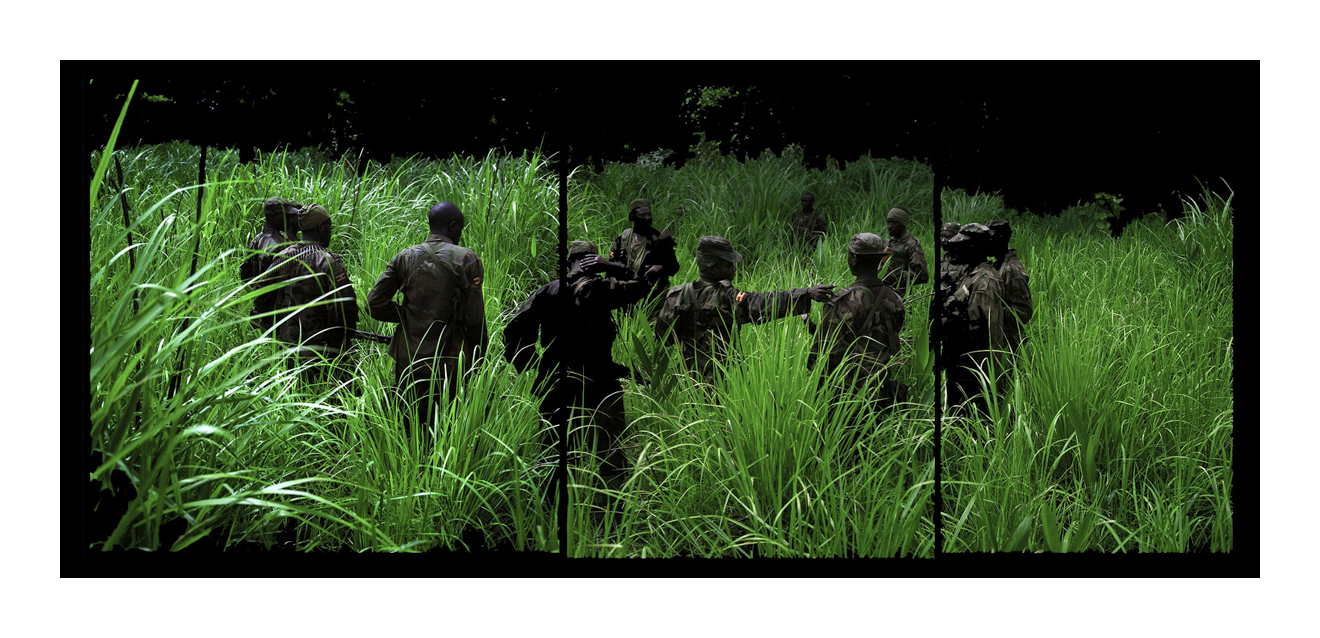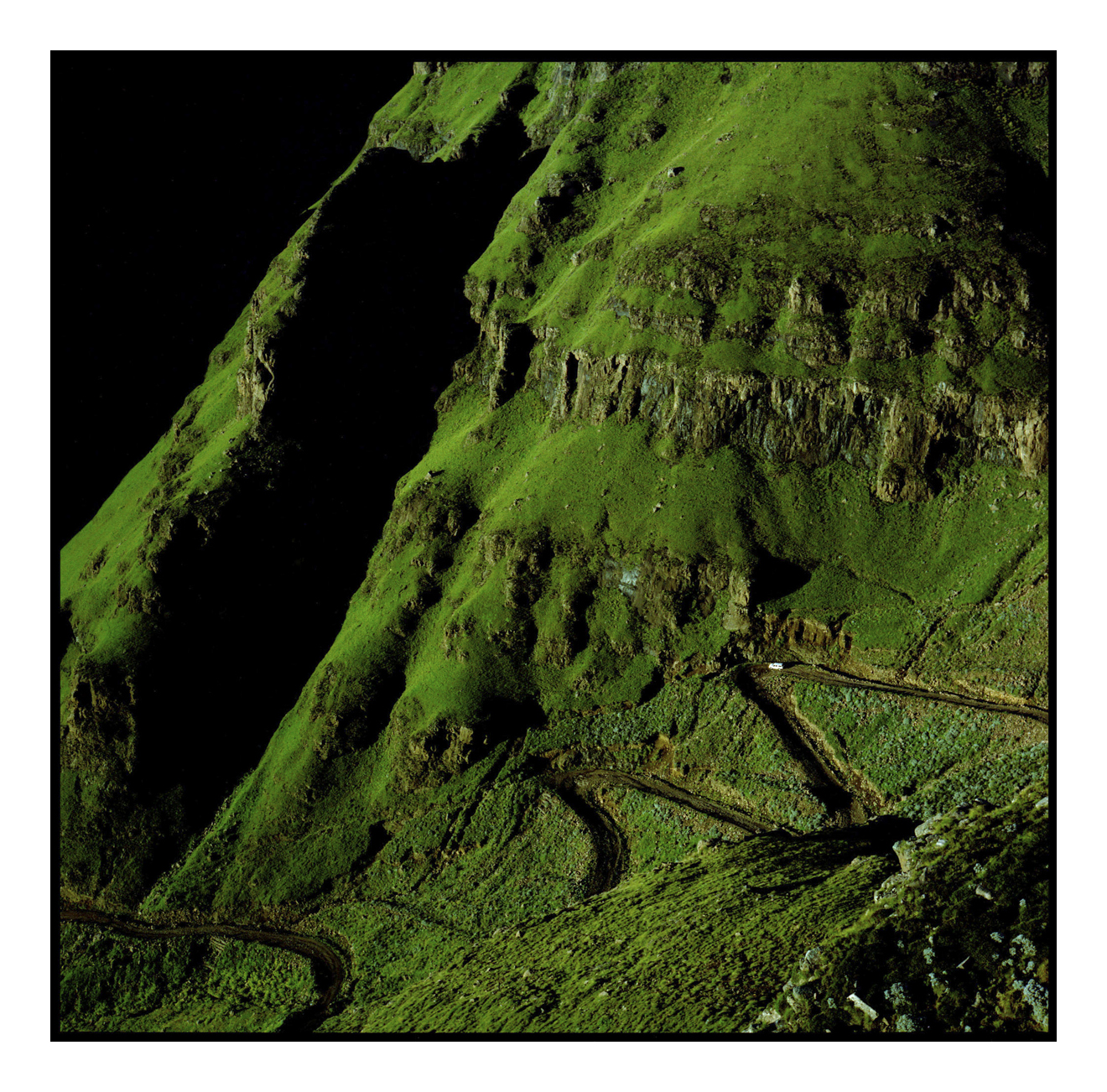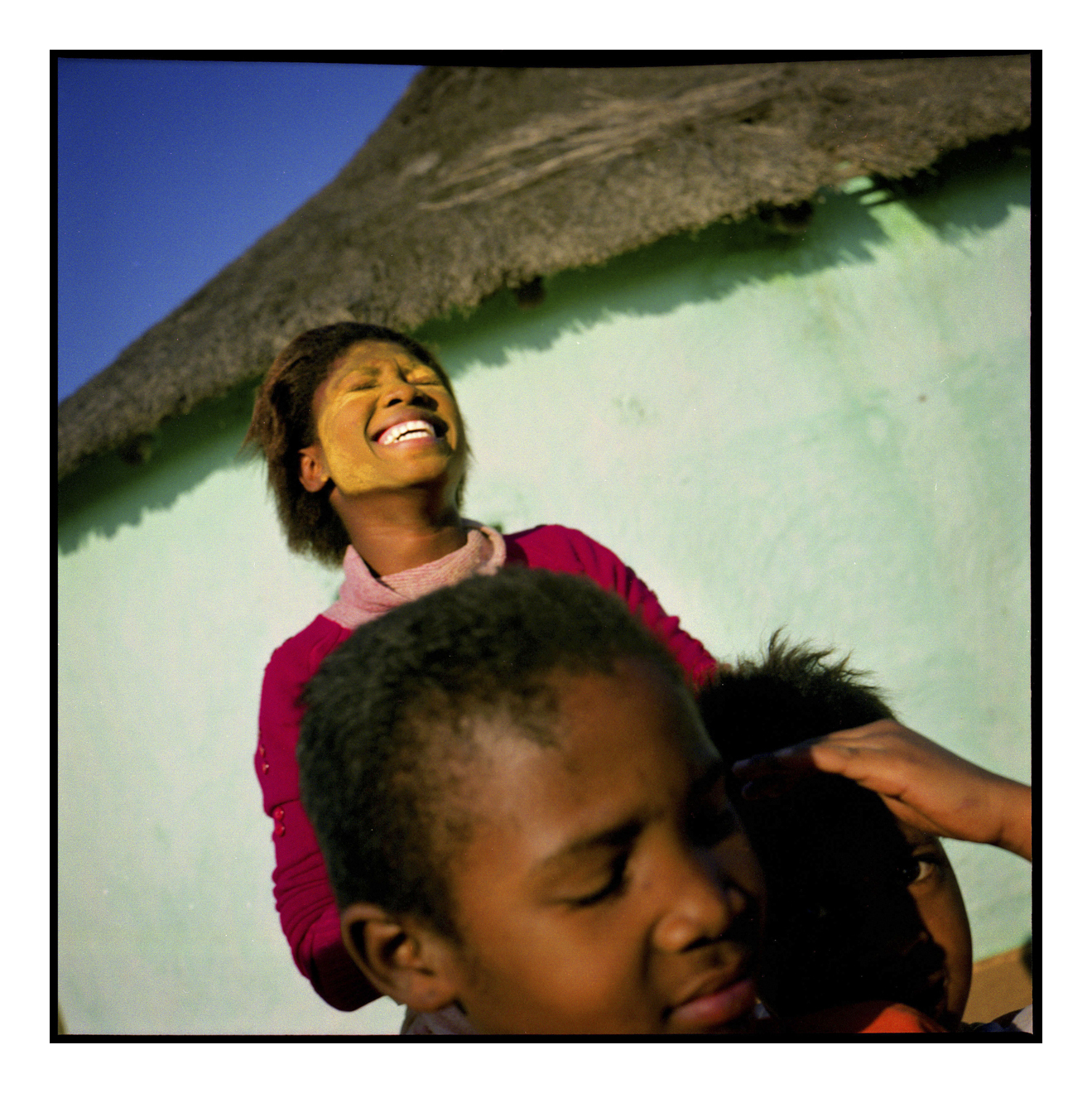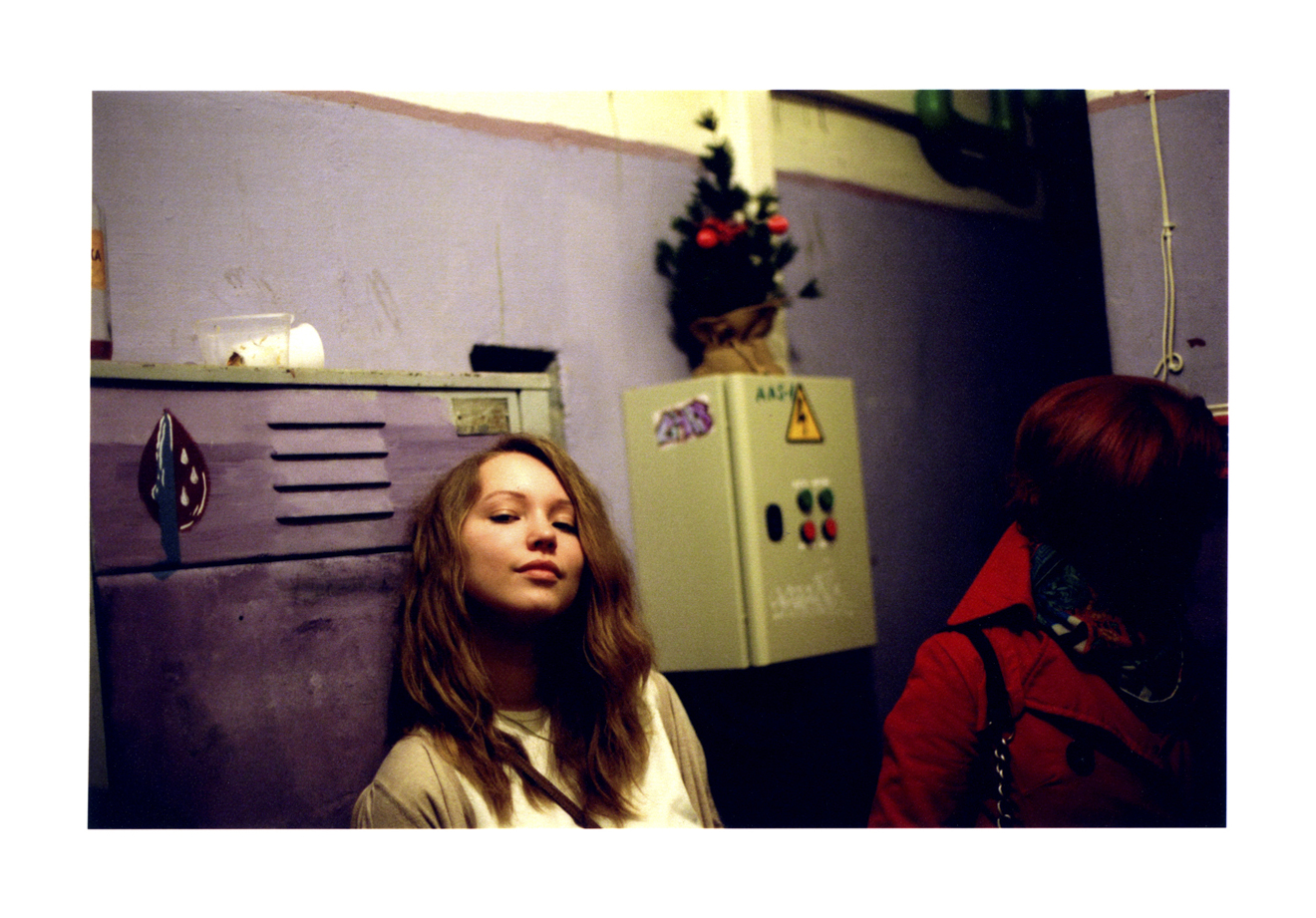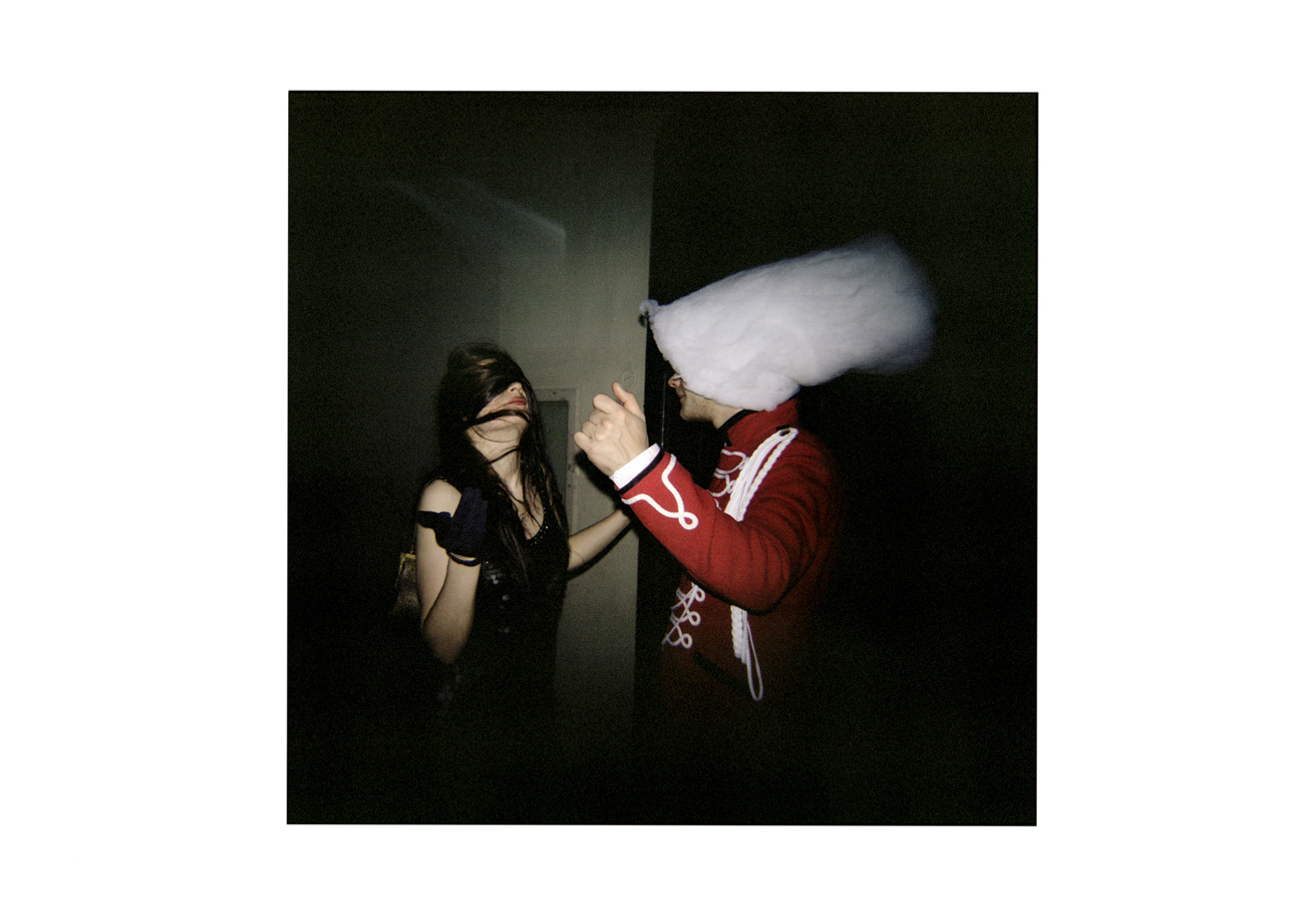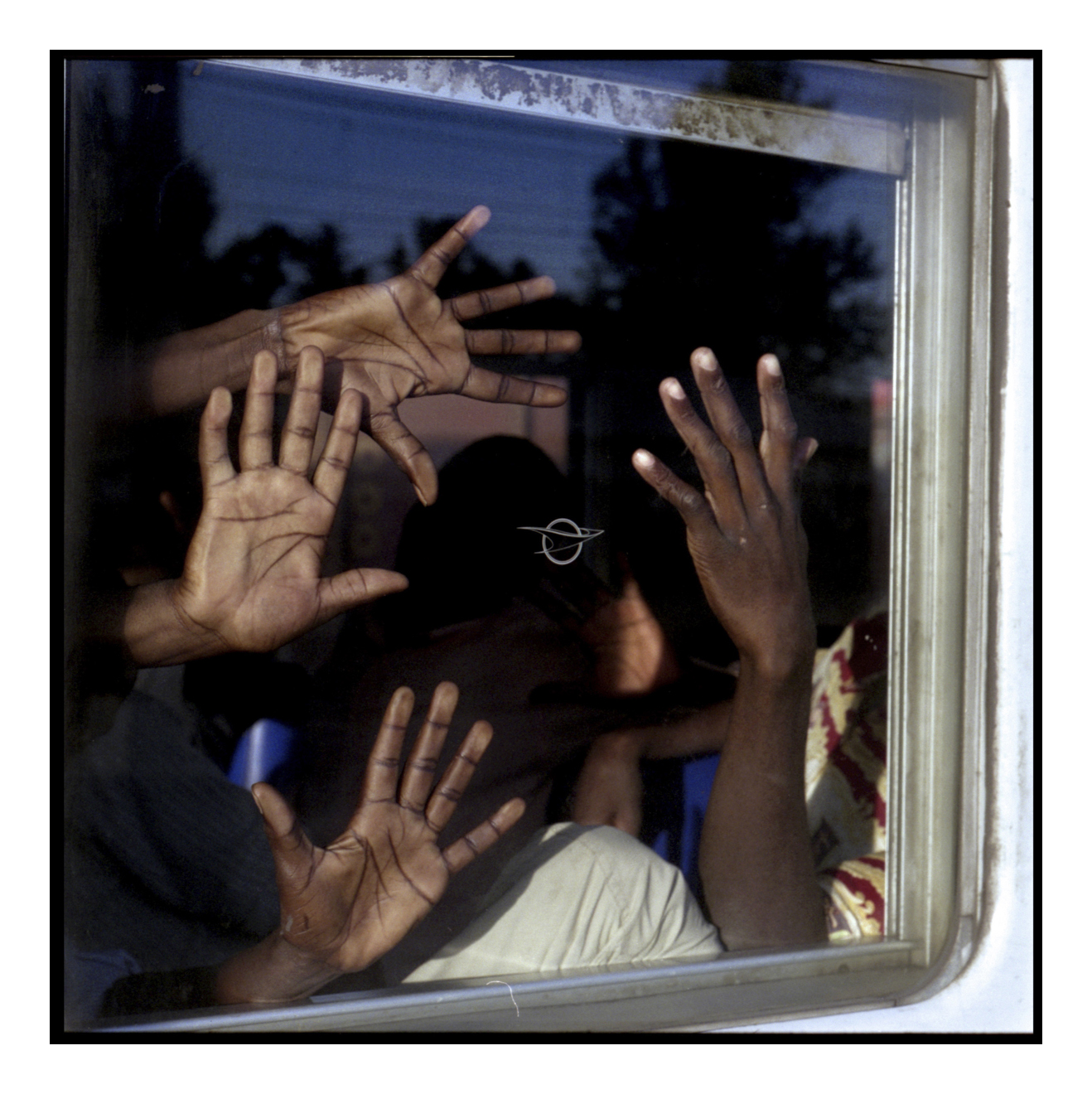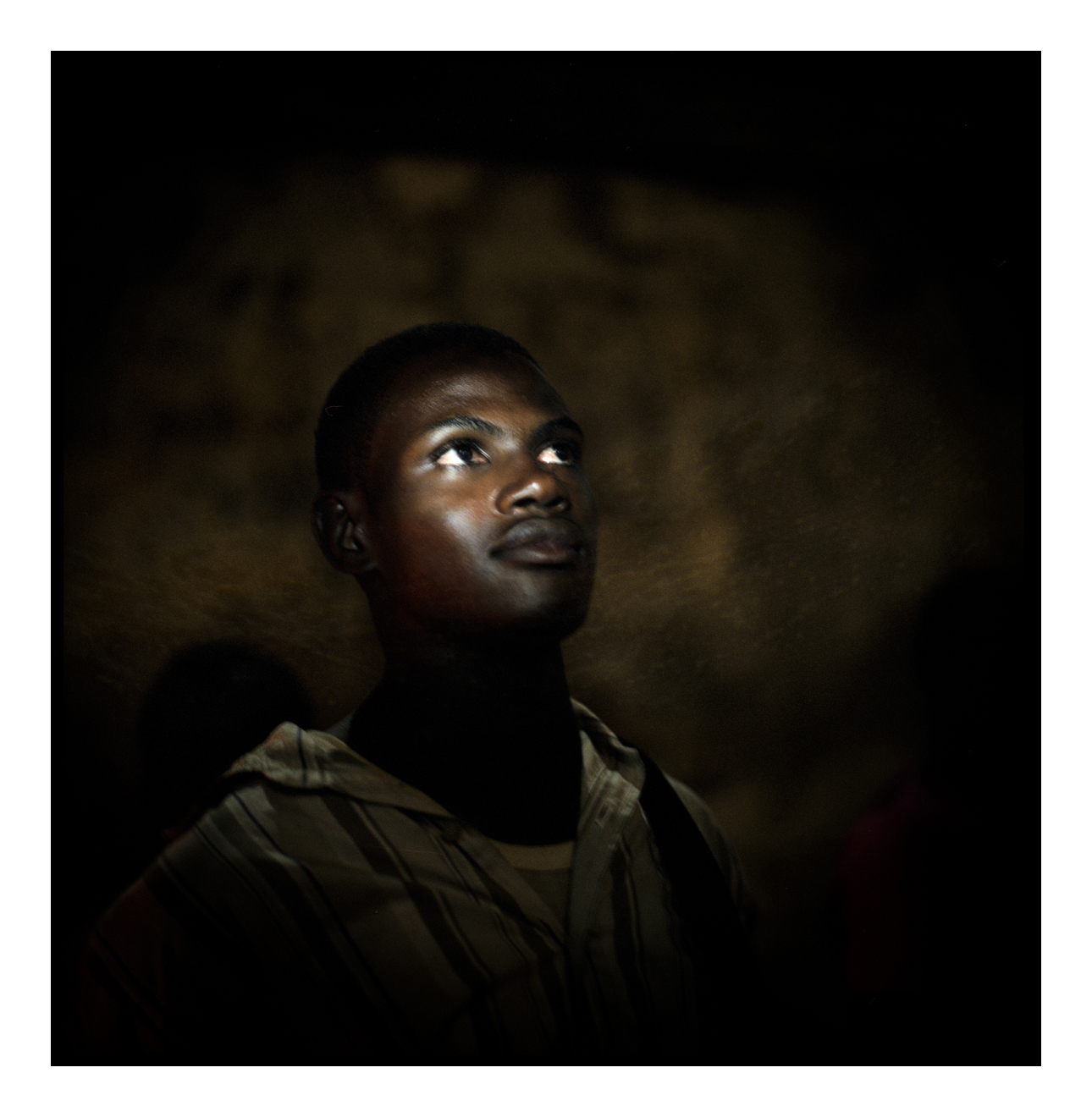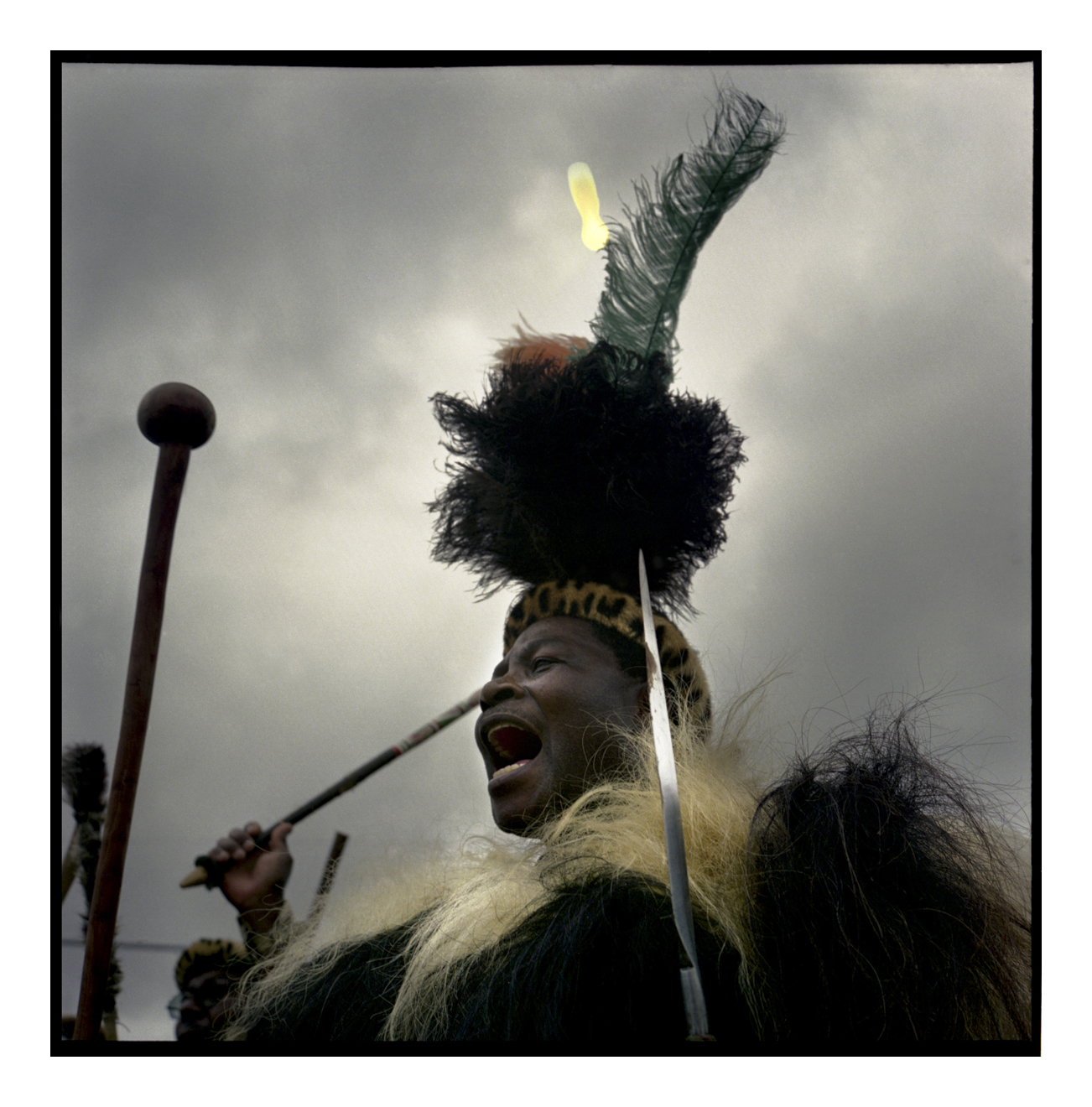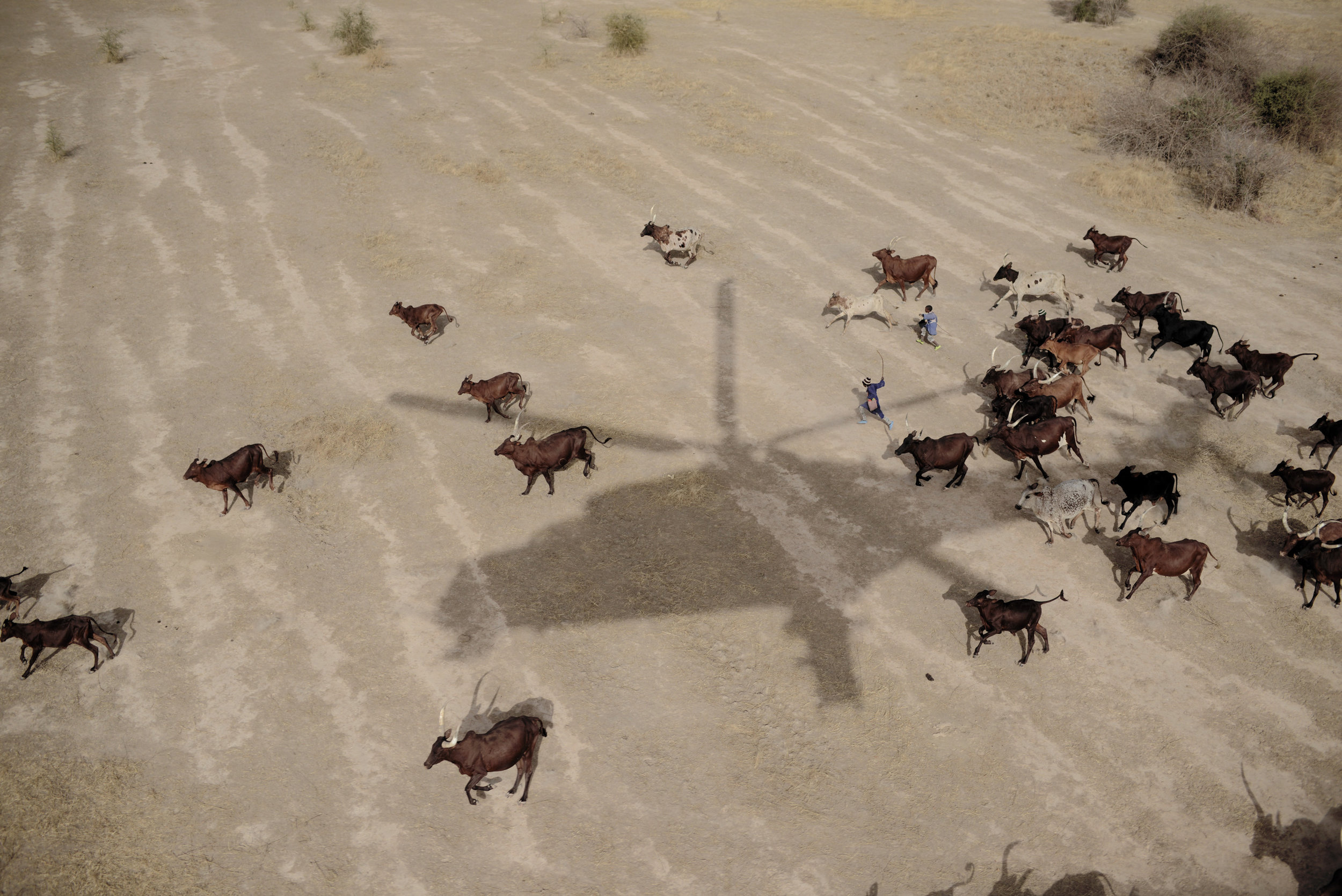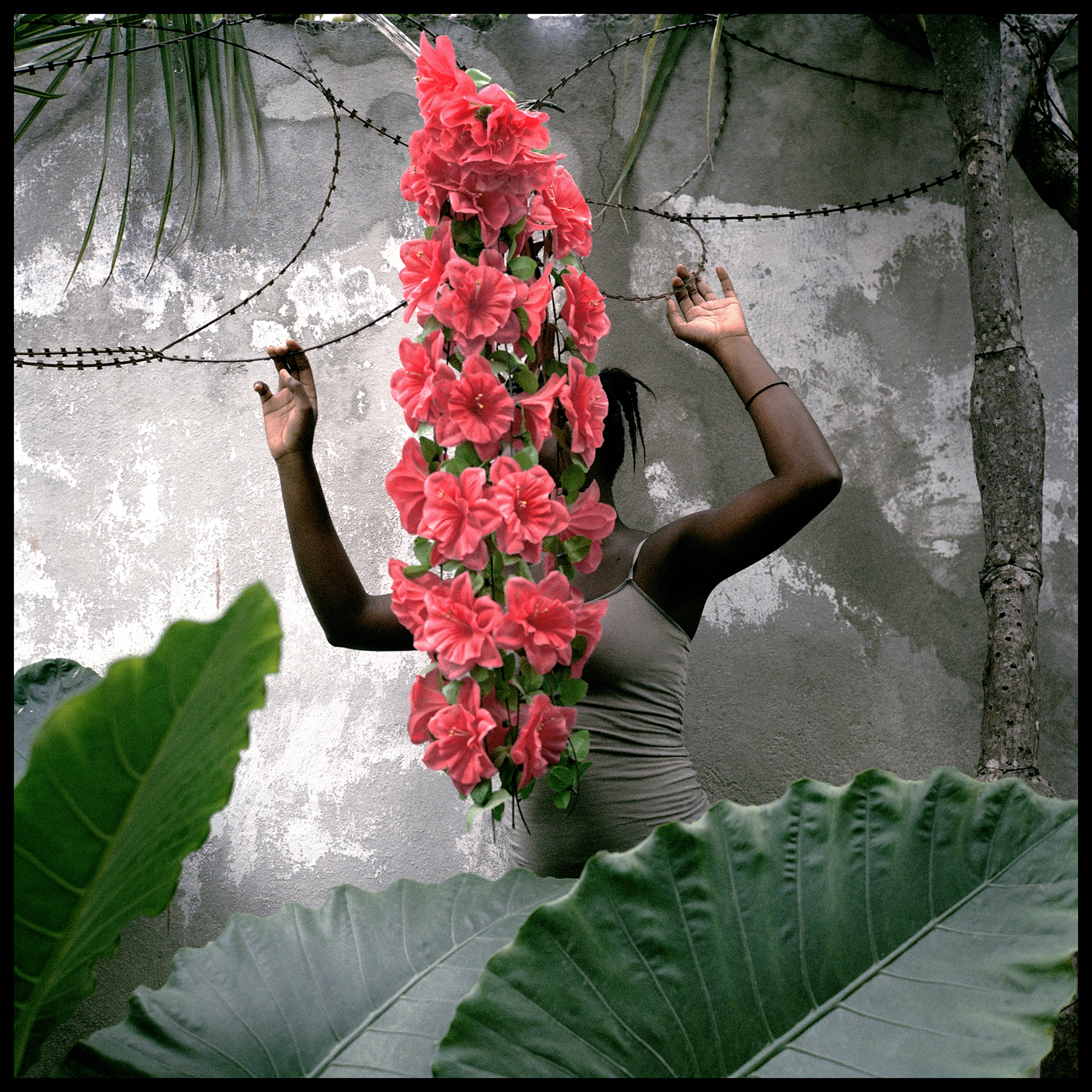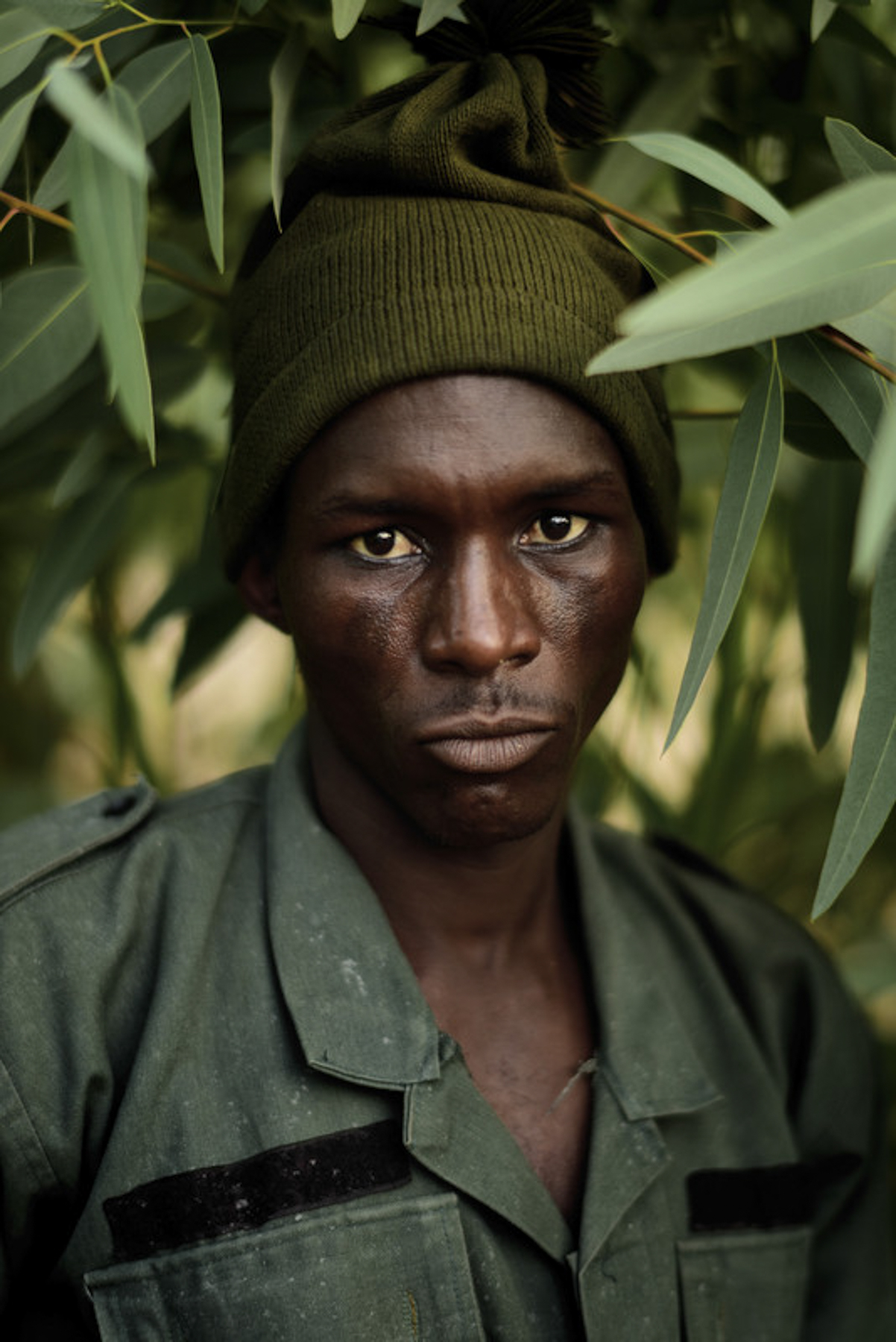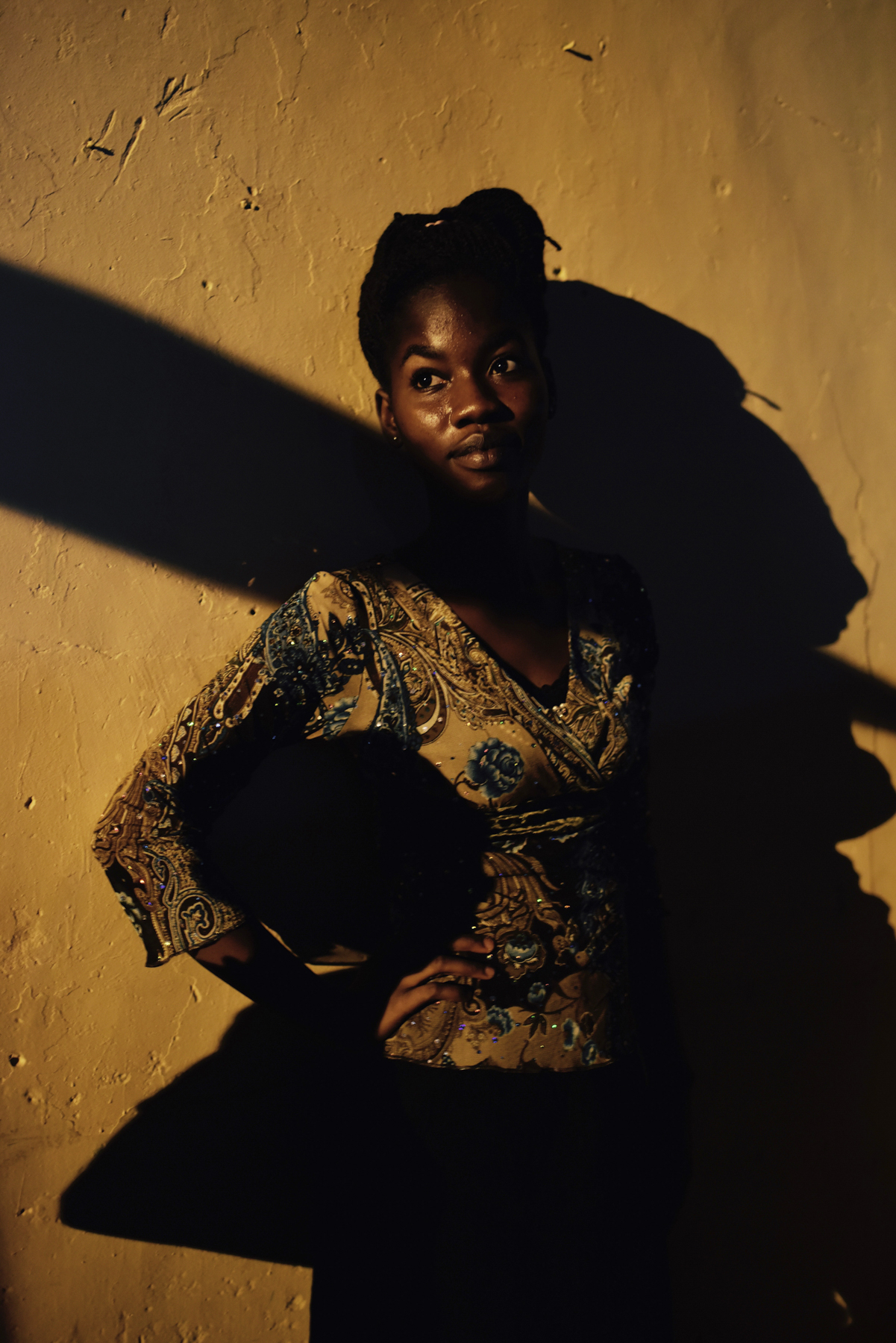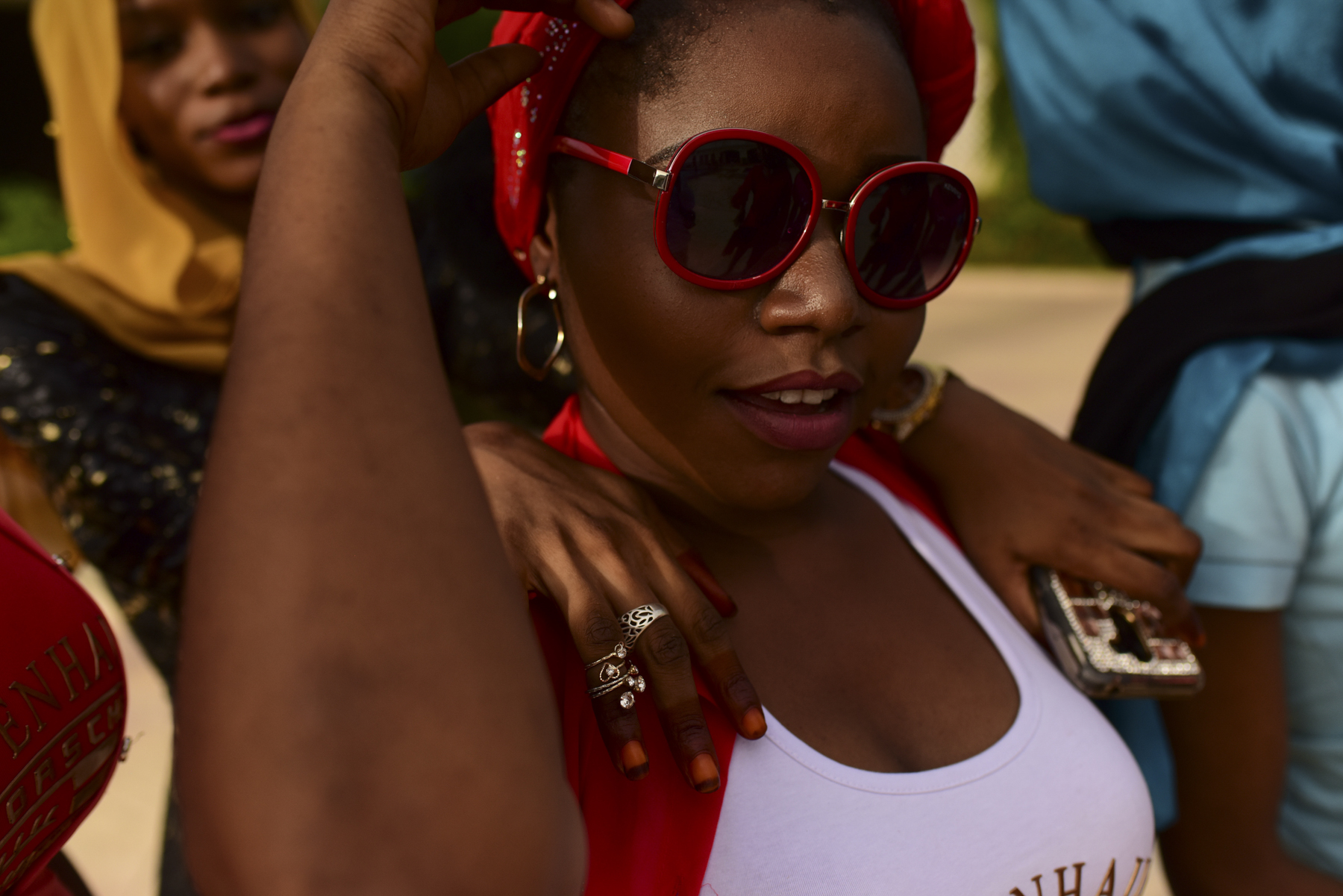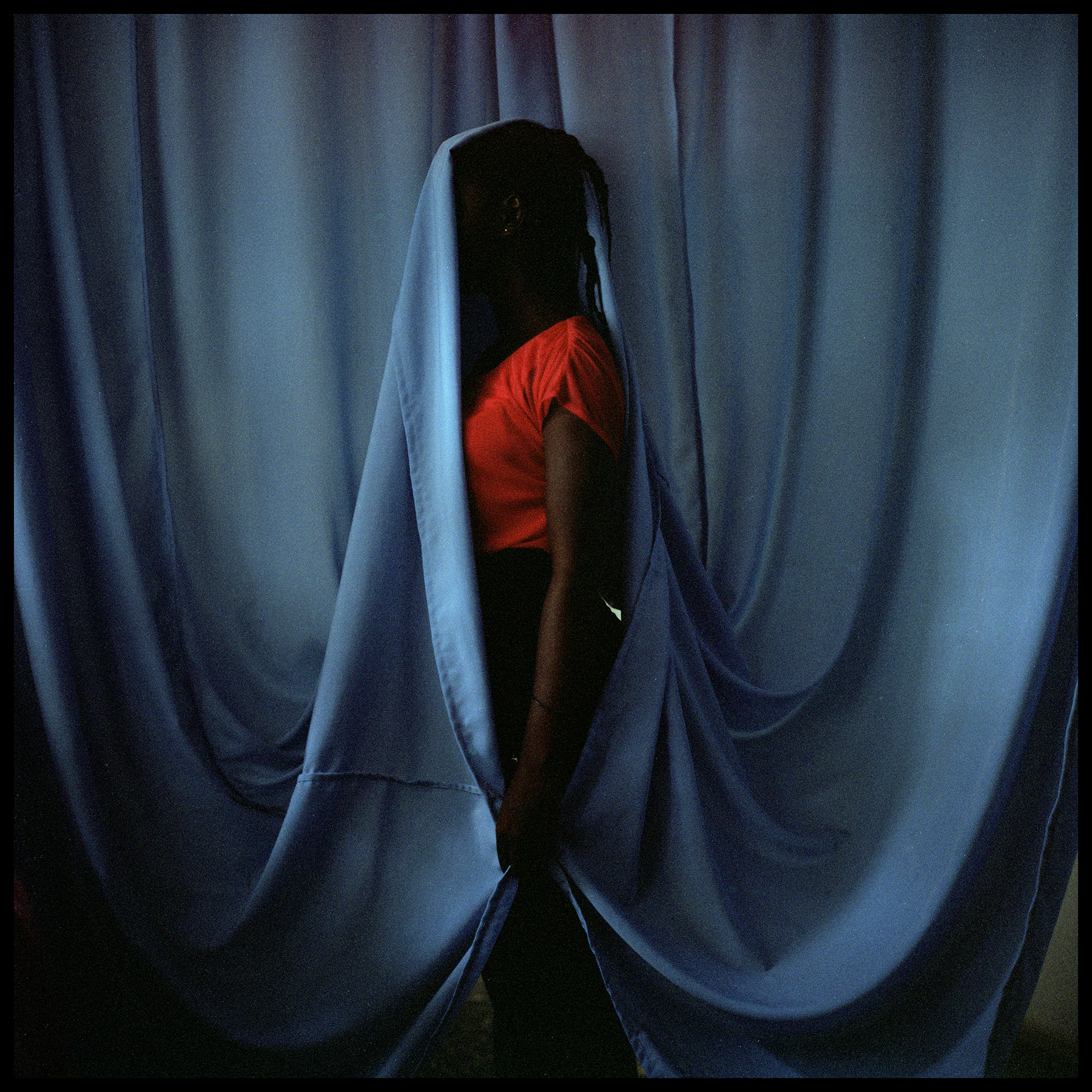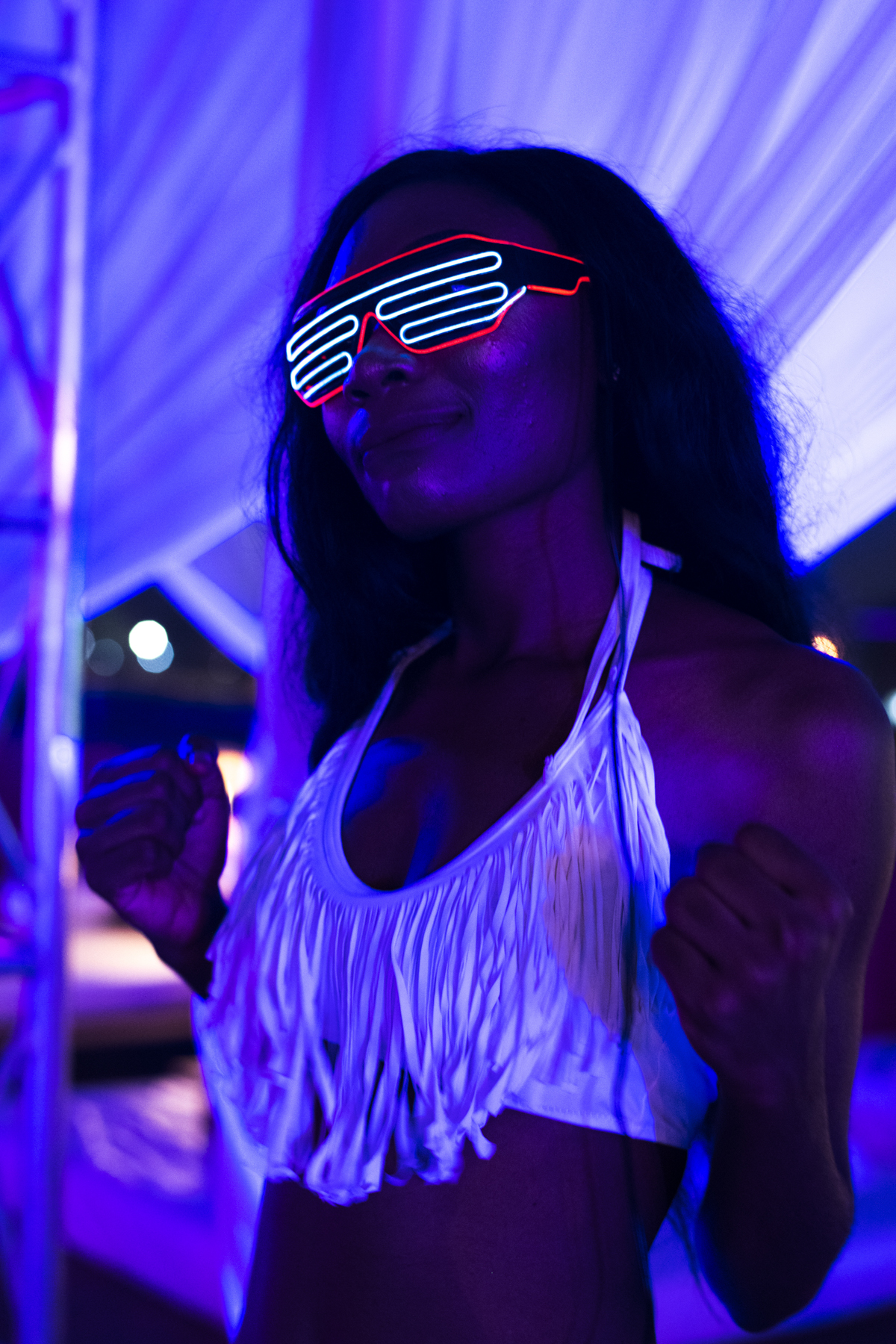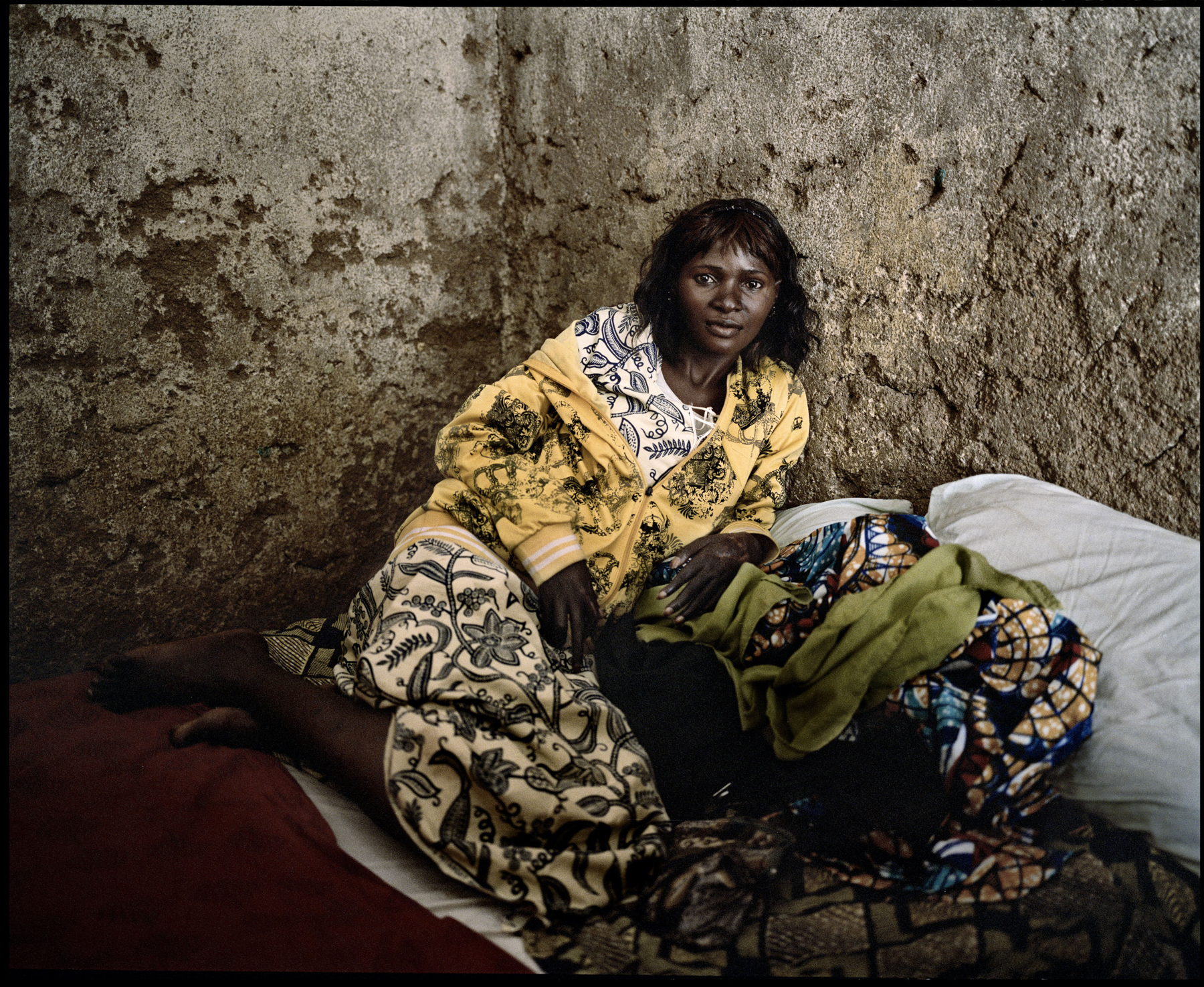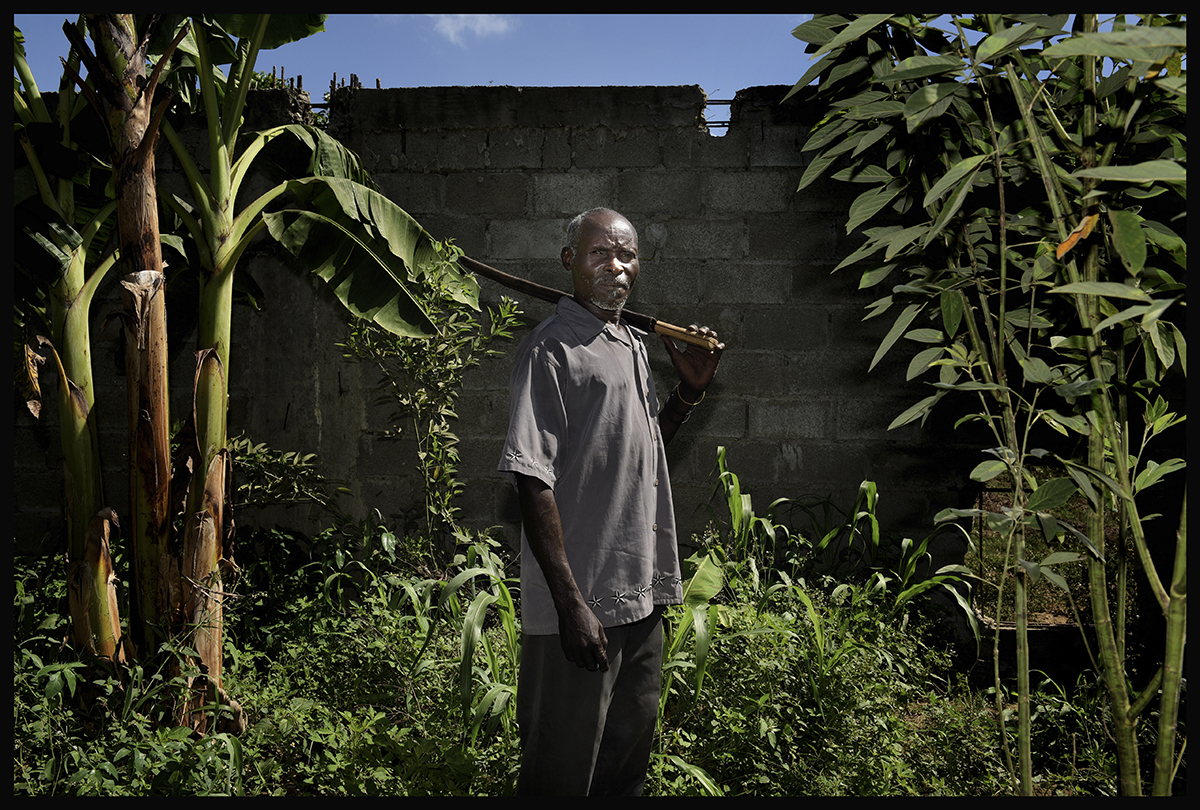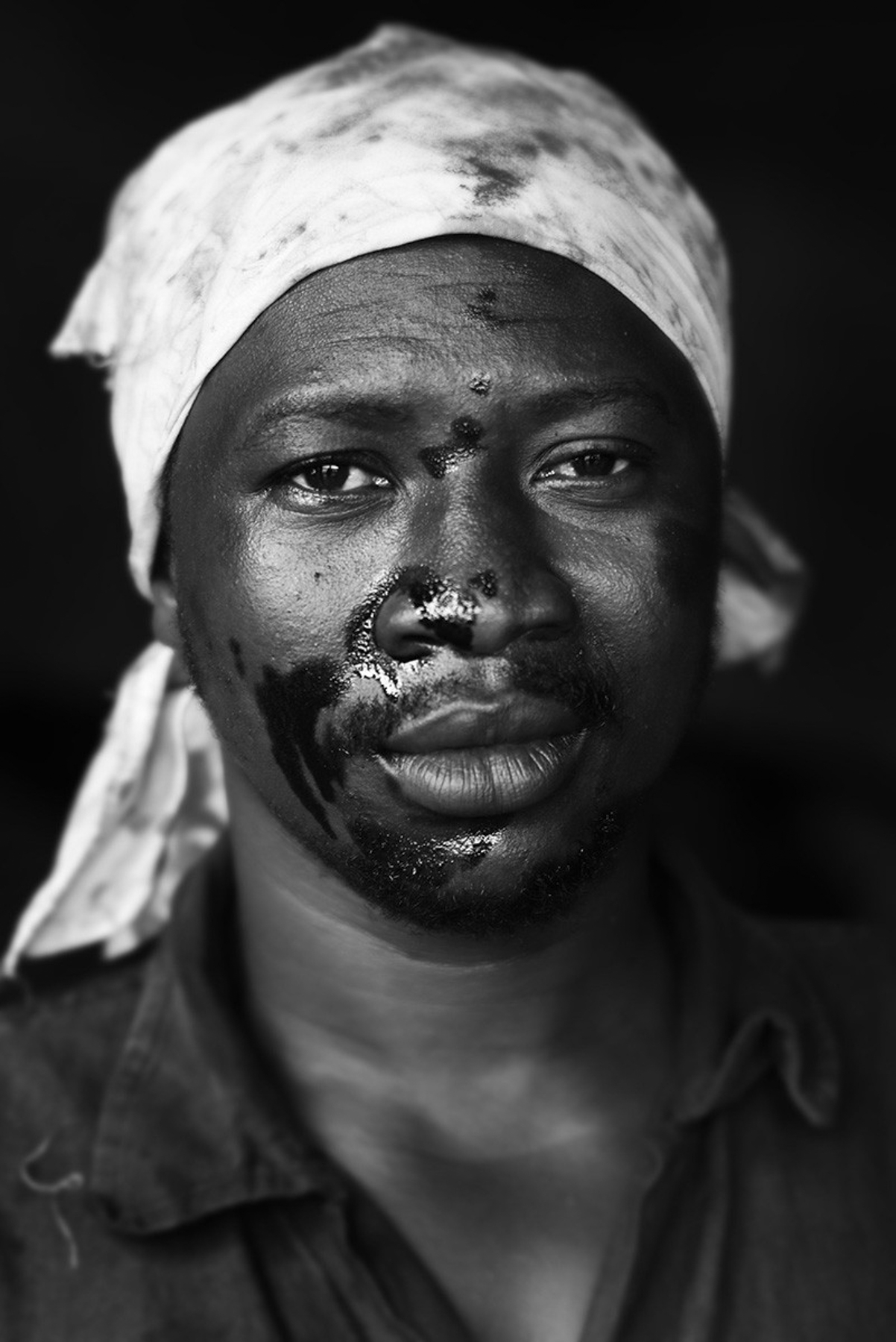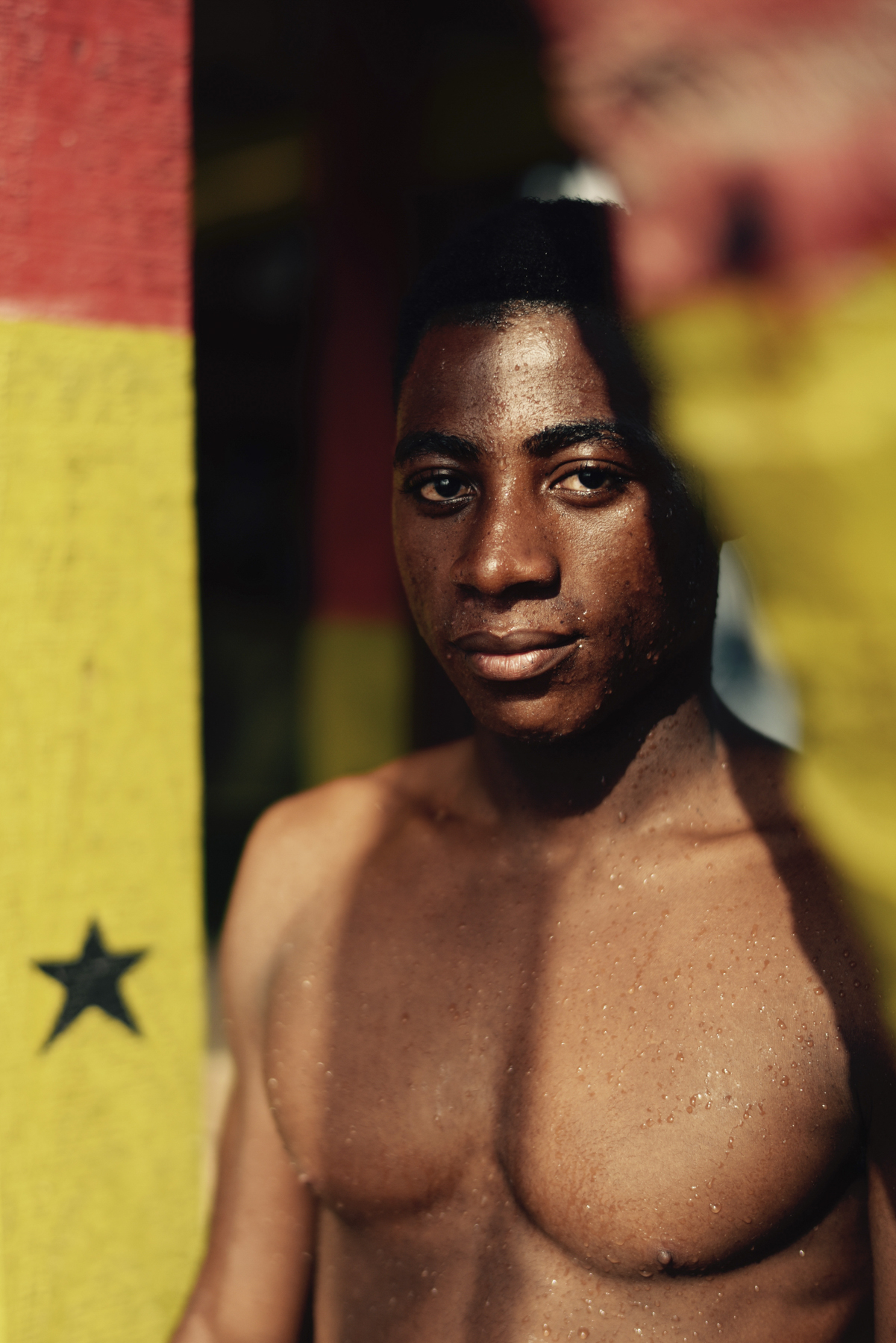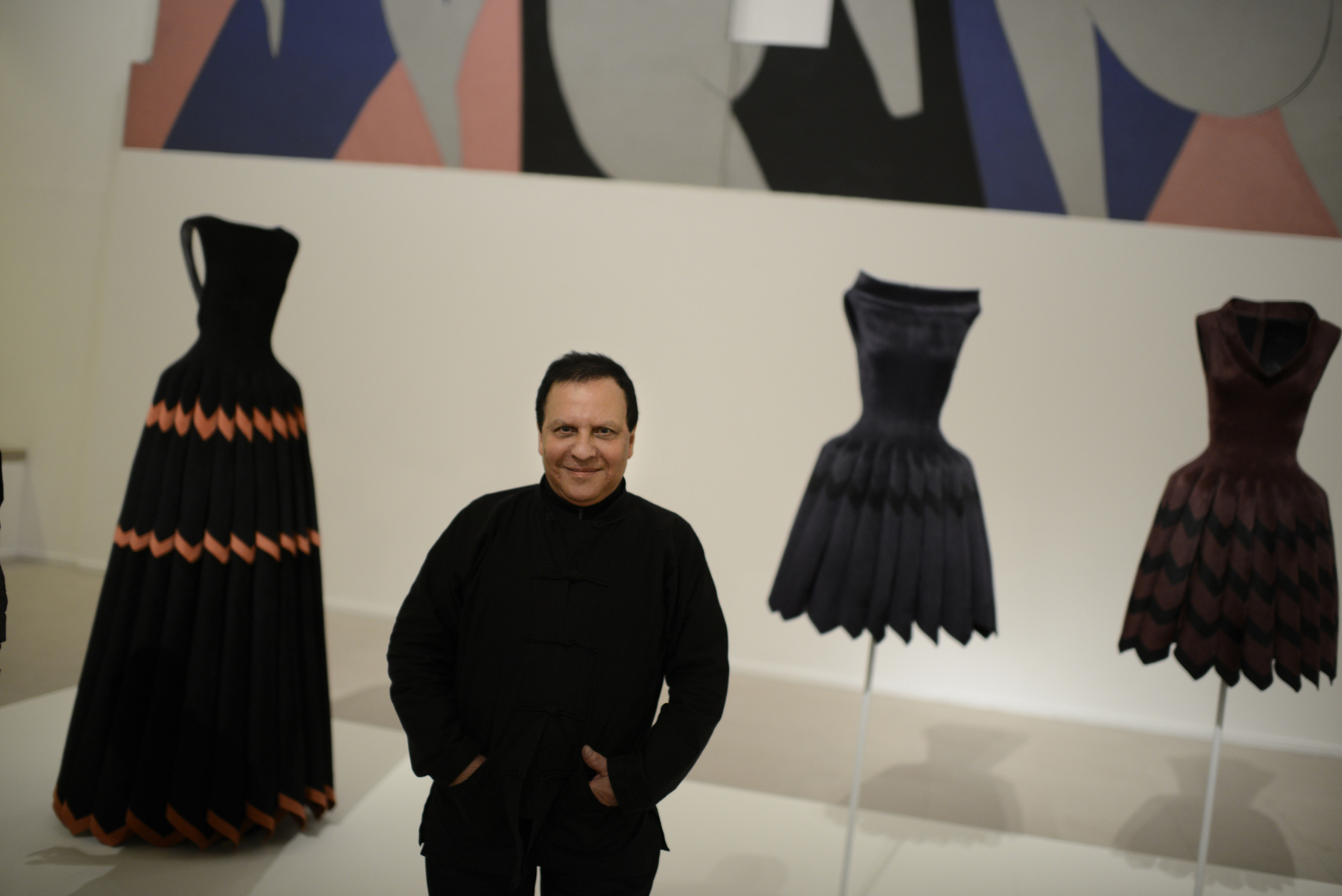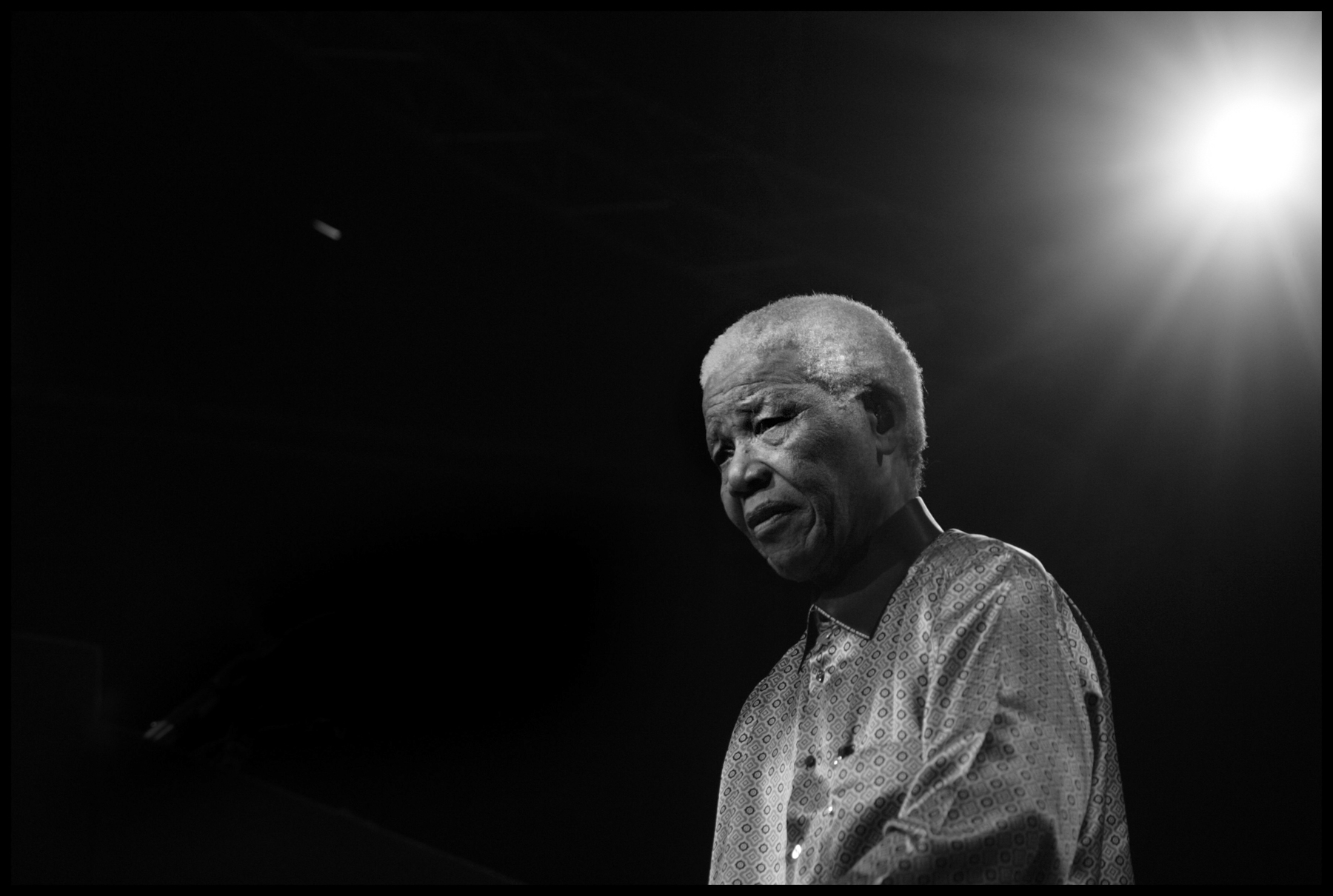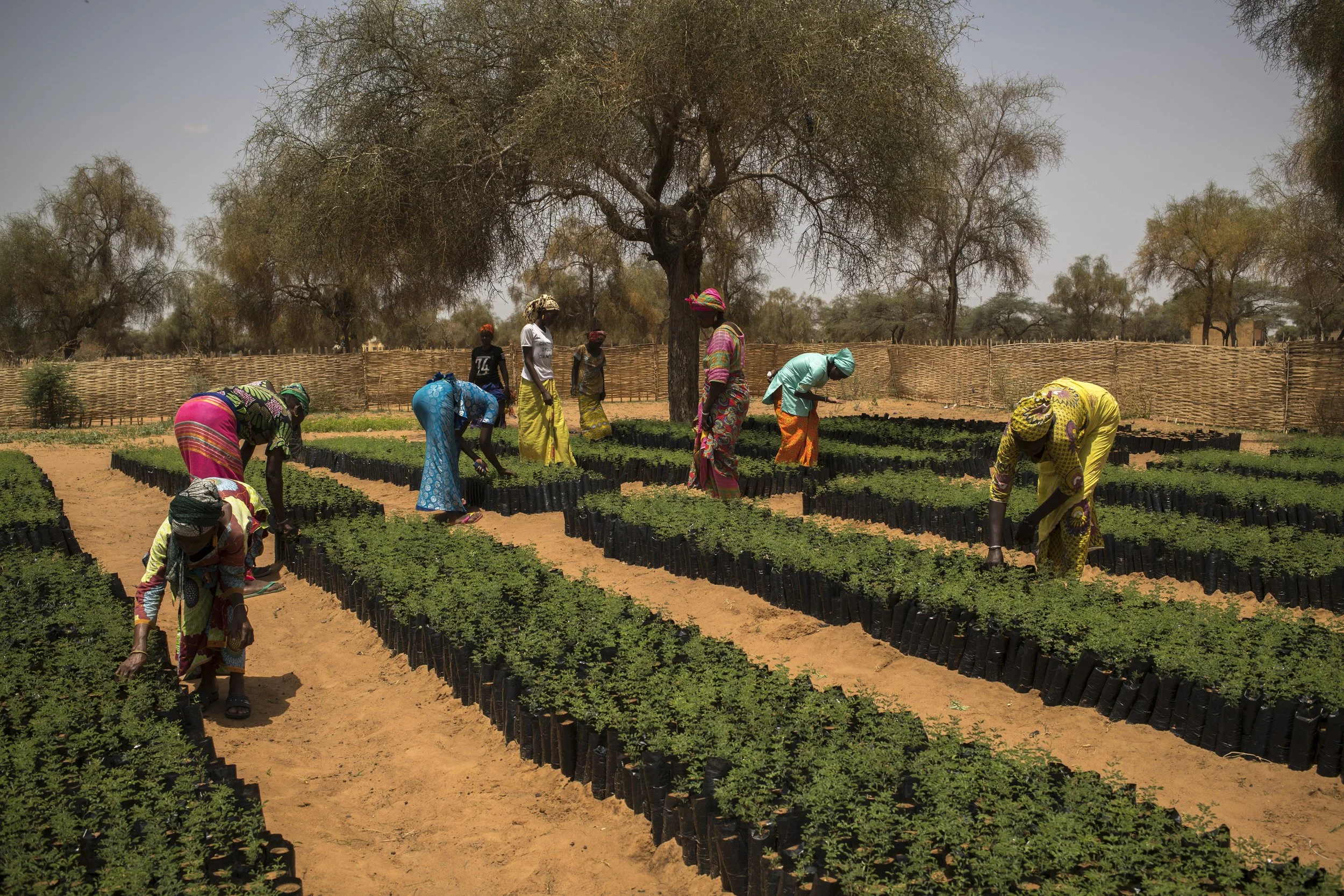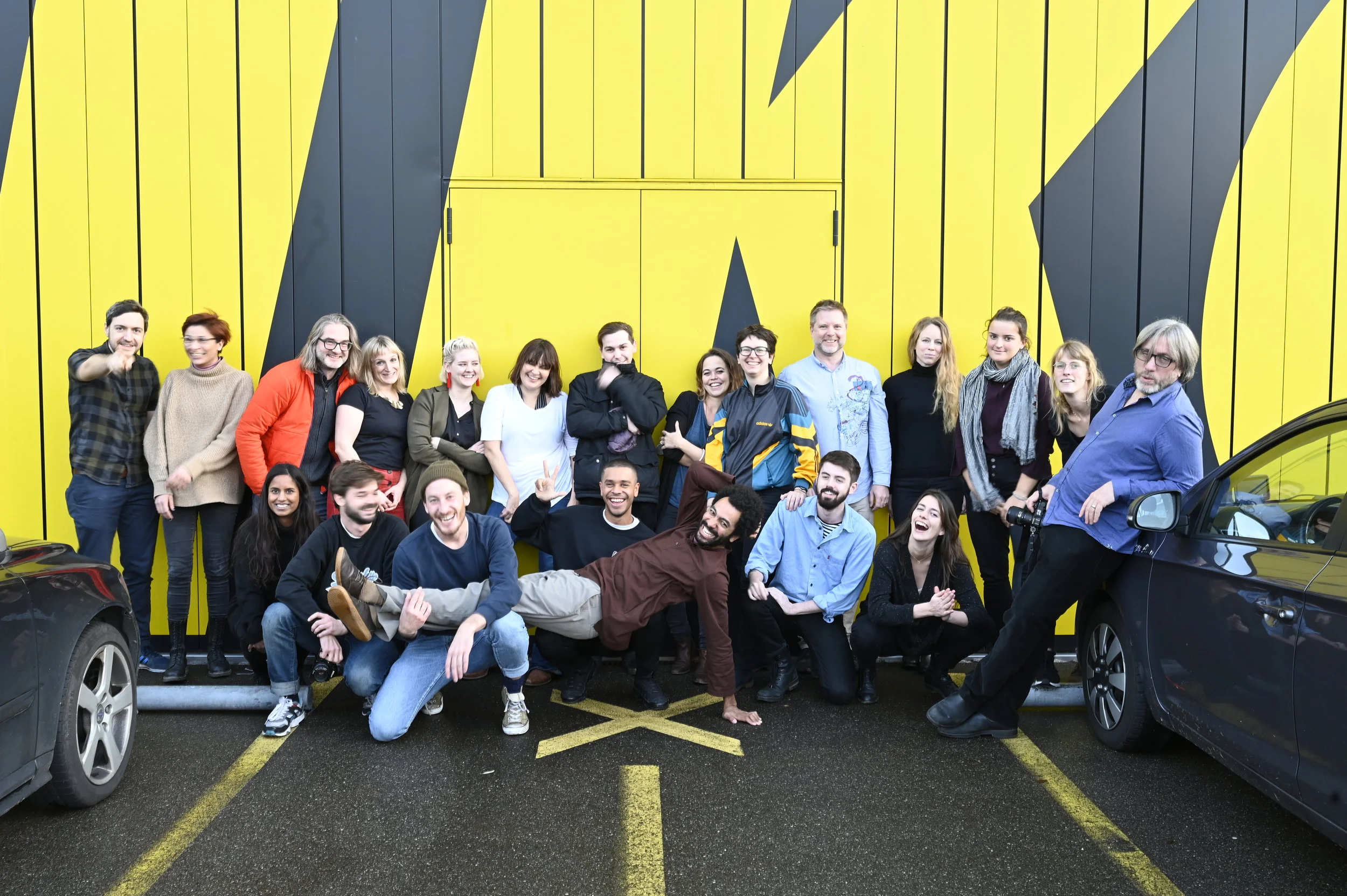Bénédicte Kurzen
Bio | Selected Stories | Selected Portraits | News, Education & Exhibitions | Books & Prints
Bio
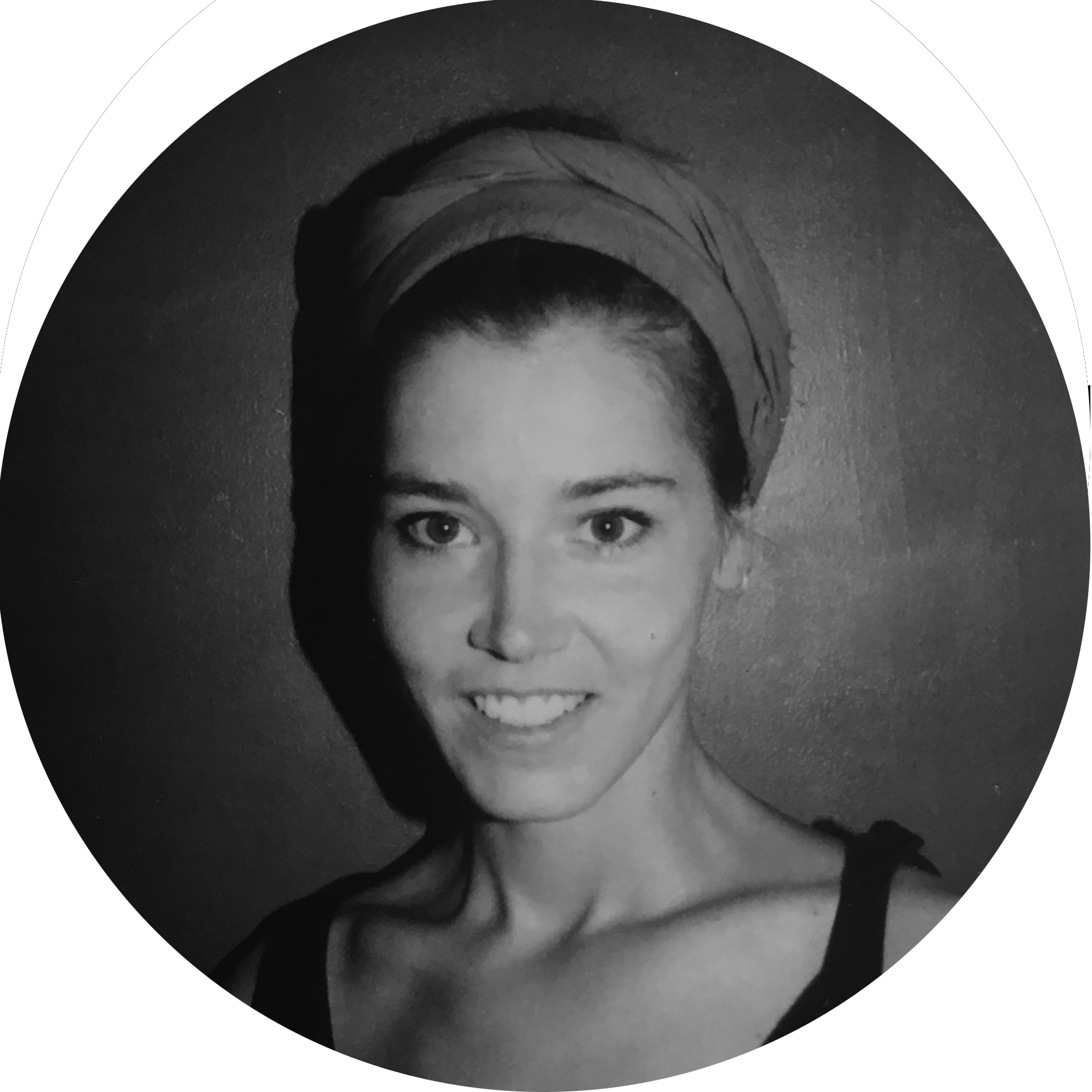
Bénédicte Kurzen (France) photographic career began when she moved to Israel in 2003, covering hard news as a freelancer in the Gaza Strip, Iraq and Lebanon.
In 2004, her photography developed from hard news to a more documentary style with her work on the lives of volunteer suicide bombers and widows in the Gaza Strip. Bénédicte contributed with this work to the “Violence Against Women” group project, in collaboration with Amnesty International and Médecins Sans Frontières (MSF).
Bénédicte holds a master’s degree in Contemporary History from the Sorbonne, Paris. She wrote her final essay about the “myth of the war photographer”, which inspired her to become a visual storyteller herself. For the past ten years, Bénédicte has been covering conflicts and socio-economical changes in Africa. In South Africa, where she was based, she explored some of the deepest social challenges of the post-apartheid society producing “Next of Kin”, “The Boers Last Stand” and “Amaqabane”, on the life of former anti-apartheid combatants. The latest was produced for prestigious World Press Joop Swart Masterclass 2008.
In 2011, she received a grant from the Pulitzer Center, which allowed her to produce a body of work on Nigeria, “A Nation Lost to Gods”. Her work has been screened and exhibited at Visa pour l’Image and was nominated for the Visa d’Or in 2012. After becoming a NOOR full member in 2012, she decided to move to Lagos, from where she could pursue her coverage of Africa, with a focus on Nigeria.
This resulted in 2015 in the exhibition “Shine Ur Eye” with Robin Maddock and Crisitina de Middel, which travelled from Photo London to Lagos Photo Festival and more places. Alongside, she became an adjunct lecturer at the American University of Nigeria in journalism.
She won a World Press Photo for her collaborative project with NOOR Photographer Sanne De Wilde for "Land of Ibeji" in 2019.
Selected Stories
LAND OF IBEJI
‘Land of Ibeji’ is a collaborative photographic project discovering the mythology of twinhood in Nigeria. West Africa and specifically Yoruba-land (Nigeria’s South West) has ten times more twins than any other region in the world. “Ibeji” meaning 'double birth' and ‘the inseparable two’ in Yoruba stands for the ultimate harmony between two people. Through a visual narrative and an aesthetic language that is meant to reflect and empower the Yoruba culture that celebrates twins, the two photographers extend their gaze beyond appearance - with symmetry and resemblance as tools- to open the eyes to the twin as a mythological figure and a powerful metaphor: for the duality within a human being and the duality we experience in the world that surrounds us.
Sexual violence in haiti
Sexual and gender-based violence is an overlooked emergency in Haiti.
MSF has opened in Port-au-Prince the Pran Men’m clinic, a facility offering the emergency medical assistance required during the 72 hours following an assault, along with longer-term medical care and psychological support.
Benedicte Kurzen’s work seeks to showcase these domestic responses to this largely invisible crisis.
A Nation lost to gods
One never finishes counting the dead in Nigeria. Each day there are new victims. Each day there are new attacks, more attacks, against churches, police stations or schools.
The arc of this conflict without a name runs through a large part of the north of Nigeria: Maiduguri, Kano, Damturu, Gome; here are the cities of a devastated region where each neighborhood seems to be overrun by conflict.
But what conflict?
The Caliphate of ashes
With Boko Haram trying to instate their Caliphate, Benedicte Kurzen documents how the Nigerian Army's offense is attempting to retake the land held by insurgents that pledged allegiance to ISIS.
Selected Portraits
News, Education & Exhibition
Berom men from Vom try to extract tin from former mining dumps, in Dogo Nahawa, Plateau State, not far from Jos, Nigeria, the 22nd of December 2011. Plateau State and Jos have been the epicentre of sectarian violence which occurred repeatedly over the past ten years in the region of the Middle Belt. The roots of sectarian violence are many : access to ressources, power struggle, ethnicity etc...



